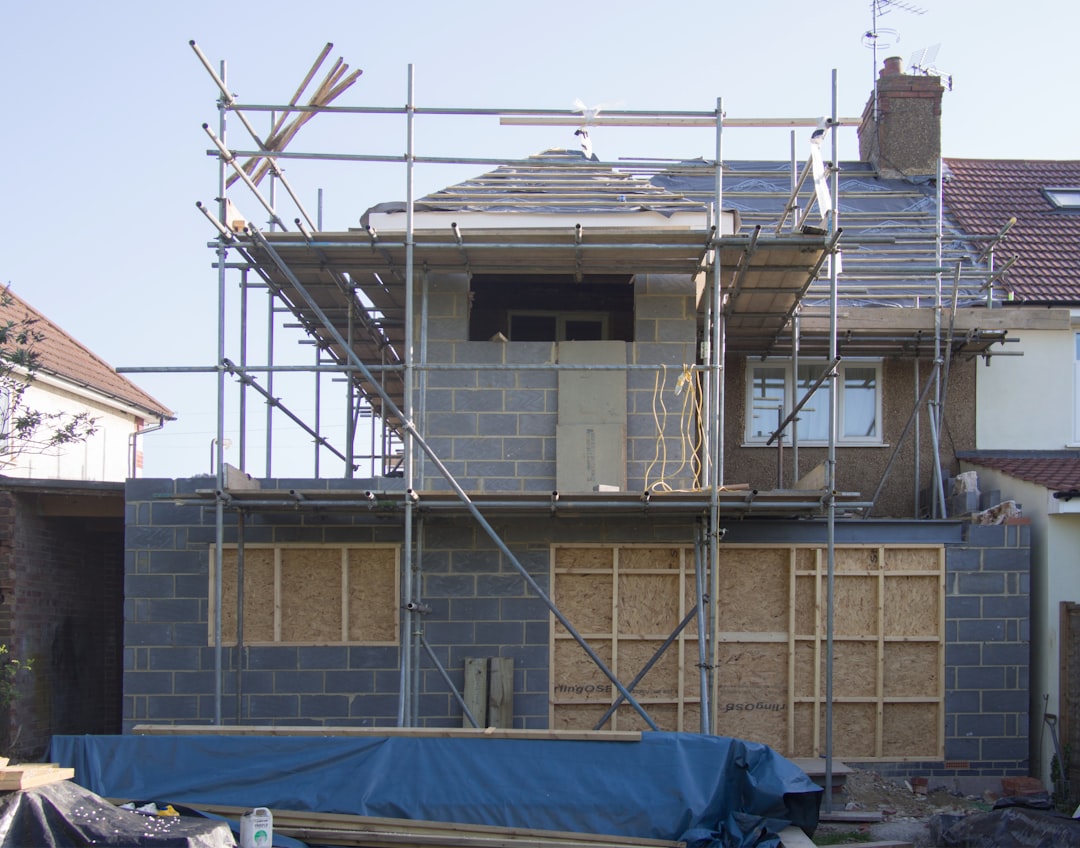How Much Does It Cost to Rebrick a House | CountBricks
Price source: Costs shown are derived from our proprietary U.S. construction cost database (updated continuously from contractor/bid/pricing inputs and normalization rules).
Eva Steinmetzer-Shaw
Head of Marketing
Rebricking Your Home: A Comprehensive Guide for Construction Professionals
Understanding the cost to rebrick a house is crucial for construction professionals aiming to provide accurate estimates. Current costs range from $35 to $75 per square foot, depending on location and labor rates. CountBricks offers precise estimates using live material feeds and AI-driven tools, ensuring reliable numbers for your projects.
Why Choose Rebricking Over Patching?
- Structural issues like spalling or bowing bricks
- Improved energy efficiency with better insulation
- Enhancing curb appeal while maintaining architectural style
- Compliance with local codes for seismic or wind loads
Key Cost Factors in Rebricking
CountBricks identifies seven primary cost drivers:
- Wall square footage and height
- Brick type and finish pattern
- Demolition and disposal of existing veneer
- Structural reinforcement needs
- Labor availability and rates
- Permitting and inspection fees
- Site logistics and access challenges
Regional Price Variations
Costs vary significantly by region. In high-labor areas like San Francisco, prices can reach $75 per square foot, while rural areas may see costs as low as $28 per square foot.
Detailed Budget Breakdown
- Material Procurement: Standard bricks cost $0.80–$1.10 each; premium options are $1.50–$2.25.
- Mortar & Accessories: Type N mortar is $10 per bag; wall ties are $1.20 each.
- Demolition & Disposal: Costs range from $8–$12 per square foot.
- Labor: Masons lay 350–450 bricks per day, with costs varying by region.
- Equipment & Site Prep: Scaffolding rental is $950 per week.
Hidden Costs to Consider
- Upgrades to window and door flashing
- Weather protection during rainy seasons
- Repointing adjacent structures
Typical Project Scenarios
- Starter Bungalow: $56,000–$68,000, 12–15 days
- Historic Two-Story: $110,000–$135,000, 4–6 weeks
- Modern Remodel: $75,000–$88,000, 18–22 days
How CountBricks Provides Accurate Estimates
- Upload plans or photos to the CountBricks dashboard.
- Use voice capture for real-time measurements.
- Access live pricing databases for materials and labor.
- Receive a detailed estimate and timeline within minutes.
Additional Benefits
- Transparent pricing builds trust and speeds up contract acceptance.
- Digital takeoffs reduce errors by up to 18%.
- Interactive quotes allow for easy adjustments.
Financing & Incentives
Explore tax credits for energy-efficient rebuilds. CountBricks highlights qualifying programs in your estimate summary.
Get Your Estimate Today
Discover the cost to rebrick a house with CountBricks. Visit CountBricks.com to create a free account and schedule a voice capture session.
CountBricks Case Study: Victorian Facade Revival
A San Francisco homeowner faced quotes of $95,000 to $140,000 for rebricking. CountBricks used AI to capture 2,450 sq ft in 11 minutes, providing a more accurate estimate.
Key Findings
- Material costs were inflated by 18% in manual quotes.
- Labor calculations missed productivity gains.
- A sewer vent issue added delays.
The CountBricks Solution
- Replaced outdated brick SKU, saving $7,400.
- Optimized crew sequencing, reducing project time.
- Addressed sewer vent clash early.
Final contract price: $101,350, under the highest bid and delivered faster. The homeowner signed within 24 hours.
Pro Tips for Accurate Estimates
- Check for utility conflicts before scaffolding.
- Lock brick pricing for 30 days.
- Use CountBricks tools to compare costs.
Ready to achieve similar results? Visit CountBricks.com for expert guidance.

